Opioid Crisis Response
Gulf Coast is working with a core team of community experts to develop a systemic solution to this epidemic problem.
- Our Initiatives
- Opioid Overdose Crisis Response
Sarasota County is in the midst of an unprecedented opioid epidemic. More people died from drug overdoses in 2016 than in any other year on record, and the majority of those overdose deaths involved an opioid. This crisis impacts our community in many ways—from lost lives and broken families to costly emergency response, health and social services, law enforcement, and more.
Since 2013, the number of heroin overdoses in Sarasota County has quadrupled. The rate of fatal opioid overdoses grew 300 percent in 2017 over 2016, due to the introduction of the much stronger and more deadly synthetic opioids fentanyl and carfentanil. Sarasota County had the second-highest rate of fentanyl-related deaths in the state in 2015, according to the Florida Medical Examiners Commission, second only to adjacent Manatee County.
The community impacts of the opioid crisis are many. The State of Florida now spends over $1.3 billion in healthcare costs related to opioid abuse. In Sarasota County, opioid-related hospital cases account for more than $20 million of the public-payer hospital charges. Additionally, the impact to emergency medical response, law enforcement, incarceration, and the judicial system continue to mount.
Meanwhile, impacts to families are overwhelming the resources of many social-service providers. According to the Florida Department of Children and Families, Sarasota County had the second-highest child-removal rate in the state. Opioid abuse is the number-one reason for child removal from the home in Sarasota County, accounting for an average of 21 cases of foster-care removals per month. Sarasota County also has the third-highest percentage of babies born with neonatal abstinence syndrome in the state.
A Systems Approach
Repeat overdoses by the same person result in the most costly impacts to individuals and to our community. That’s why Gulf Coast convened a team of community experts to develop a system of care to decrease the number of repeat overdoses and reduce the need for and use of costly social and medical services. Partners in this system include Sarasota County Government, the 12th Judicial Circuit Court, Sarasota Memorial Hospital, Sarasota County Sheriff’s Office, Operation PAR, Coastal Behavioral Healthcare, and First Step of Sarasota.
Two Substance Overdose Services (SOS) teams now provide recovery support and relapse prevention for patients who have survived recent overdoses. The teams operate out of First Step’s new outpatient clinic at the Glasser/Schoenbaum Human Services Center. This system uses evidence-based best practices, including medication-assisted therapies, peer mentoring, and substance-abuse counseling. Additionally, the team is researching opportunities that both prevent and intervene in opioid addiction and other risky substance-abuse behavior.
Investing in Prevention
Substance abuse prevention begins with reaching youth.
The Student Assistance Program is a school-based, evidence-informed framework for prevention, early intervention, referral, and support for students who are at especially high risk for substance abuse. The program has been successful at Sarasota High School, leading to a 73 percent reduction in suspension and expulsion rates, a key predictor of substance-abuse risk.
For the 2018-19 school year, the program will be expanded to North Port and Riverview high schools. Funding partners include Sarasota County Schools and First Step of Sarasota.
